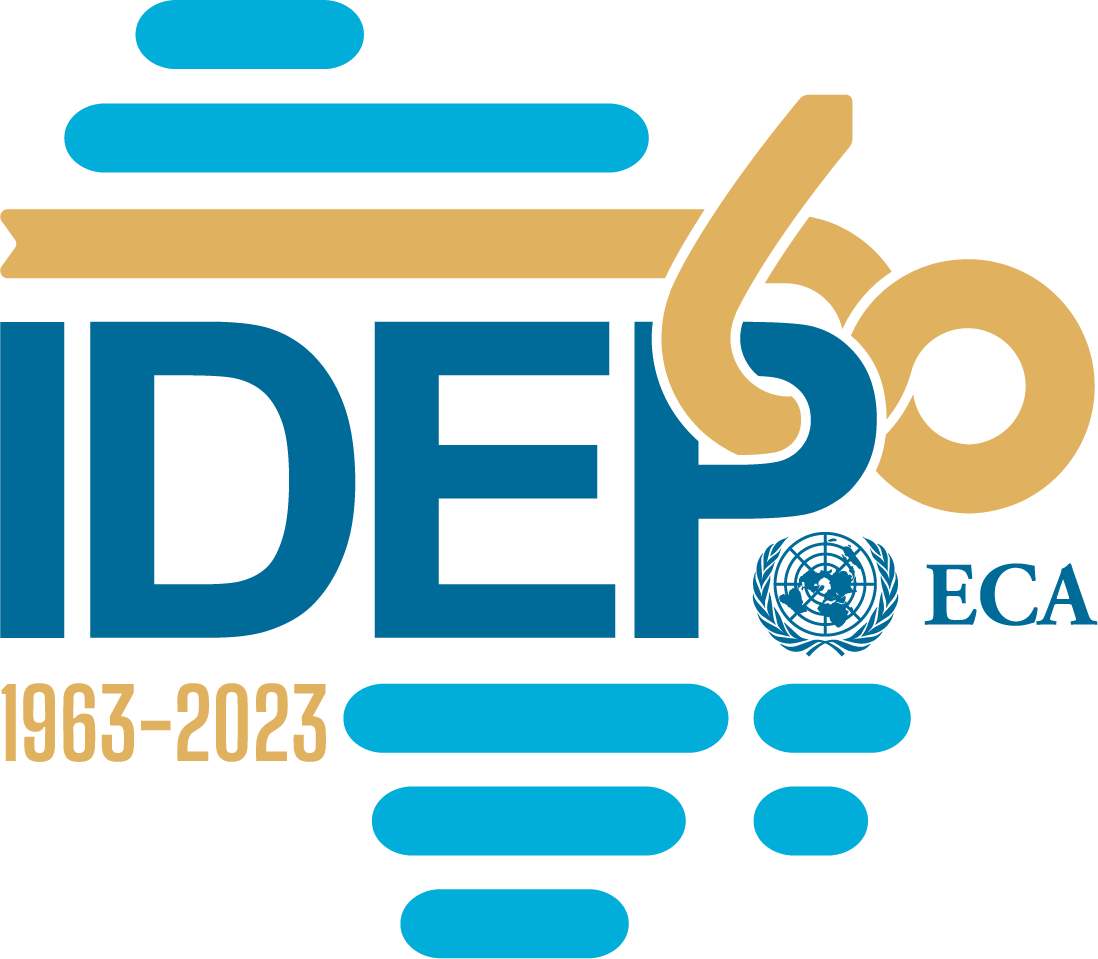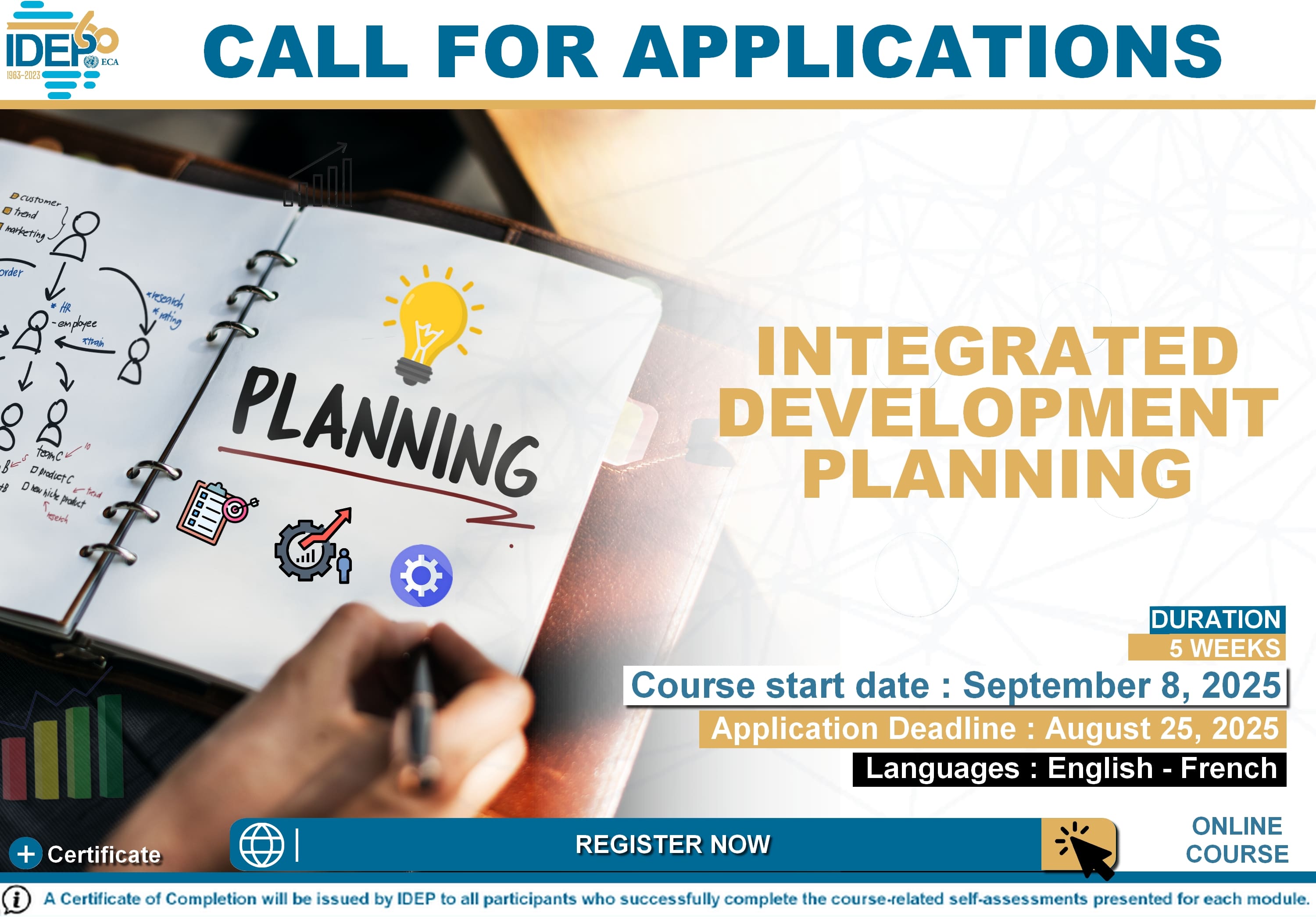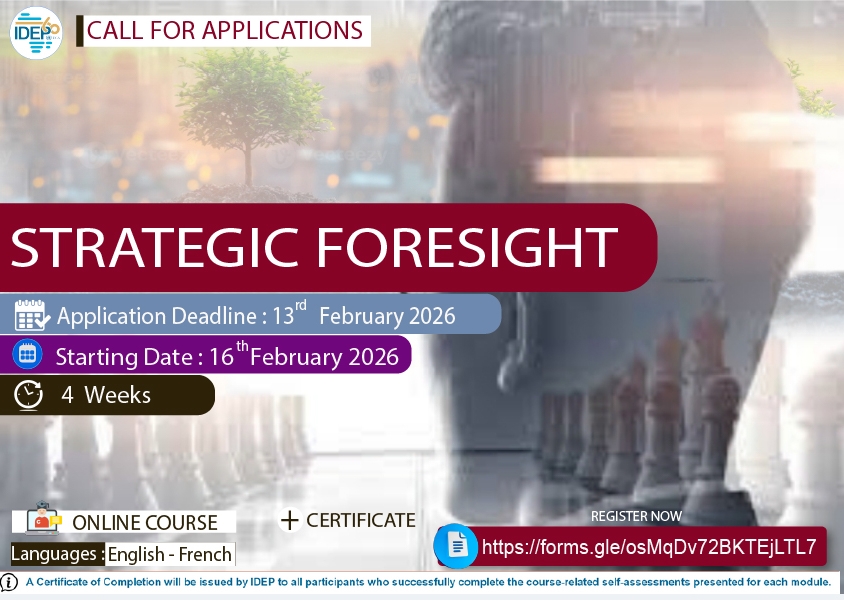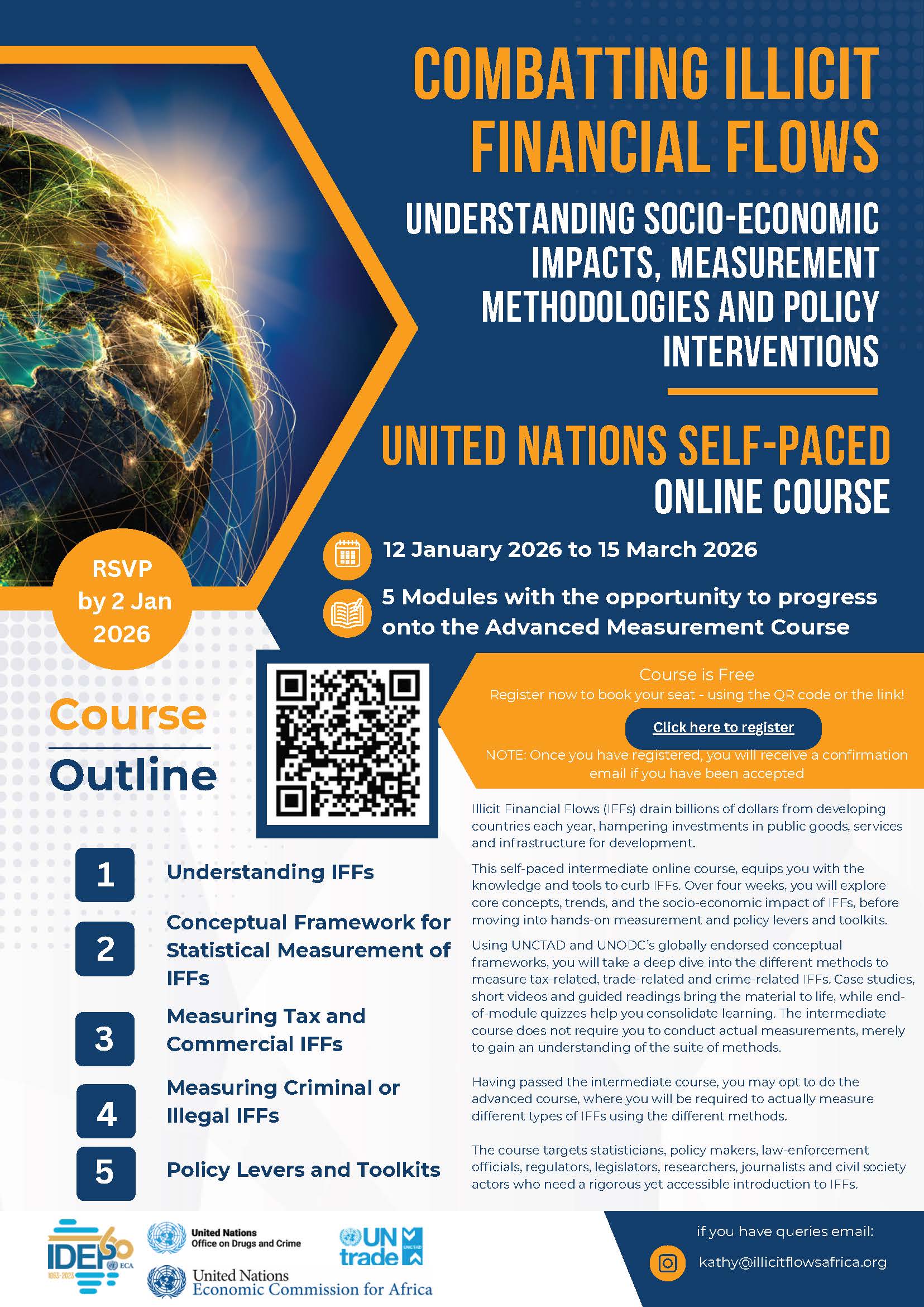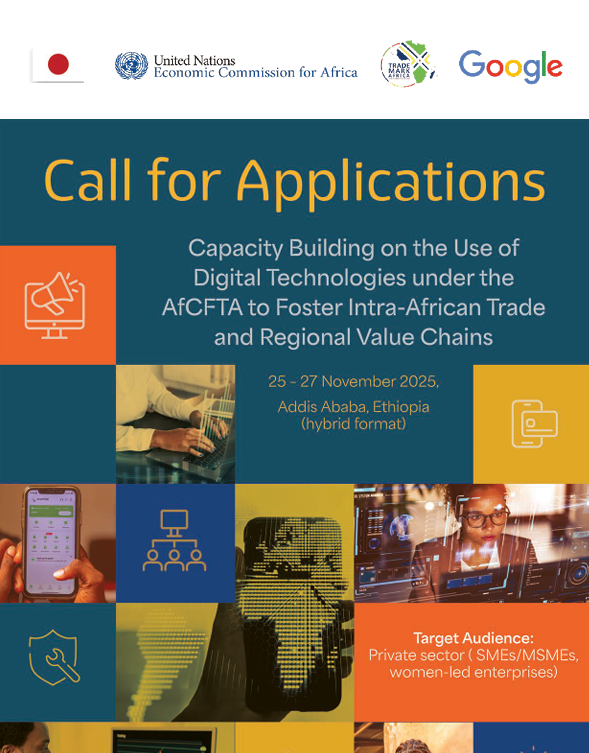INTEGRATED DEVELOPMENT PLANNING
Announcement in Brief
|
Programme Rationale
Africa's development is constrained by several interrelated factors that prevent the continent from reaching its full potential. The main challenges relate to limited economic diversification and production capacity, demographic pressures and the resulting social demands, and the effects of climate change. In addition, the continent is vulnerable to the impact of poor governance, recurrent political instability, and geopolitical tensions.
The continent's heavy dependence on commodities—which account for more than 80% of total exports (AfDB)—makes countries highly vulnerable to external market shocks. In addition, infrastructure deficits, particularly in energy, transport, and digital connectivity, reduce competitiveness and limit market access. The International Energy Agency (IEA) estimates that 600 million Africans, or about 43% of the population, still lack access to electricity (Africa Energy Outlook 2022), which severely hampers industrialization efforts. These economic constraints have led to persistently high unemployment rates, particularly among young people, and have slowed efforts to diversify economies across the continent.
Africa's population growth presents both opportunities and challenges. The continent's population has grown from 283 million in 1960 to over 1.5 billion in 2024 (ECA, 2024), a fivefold increase, and is projected to reach 2.5 billion by 2050. This growth has created substantial demand for basic services such as education, healthcare, food security, and housing. Urbanization is progressing rapidly, with the urban population growing from 35% in 2000 to nearly 45% in 2023[1] , contributing to the growth of megacities across the continent. However, rapid urbanization has outpaced the development of essential infrastructure, exacerbating challenges related to informal settlements and access to services.
Objectives
The course aims to strengthen participants' capacities on the integrated approach to development policy planning.
Specifically, the course will enable participants to:
- Gain knowledge of the fundamentals of development planning to address contemporary challenges and seize opportunities;
- Understand the behavioral approach to improving development planning;
- Understand the strategic priorities of Agenda 2063 and Agenda 2030 for sustainable development;
- Understand the role of governance and institutions in development planning;
- Build planning frameworks;

